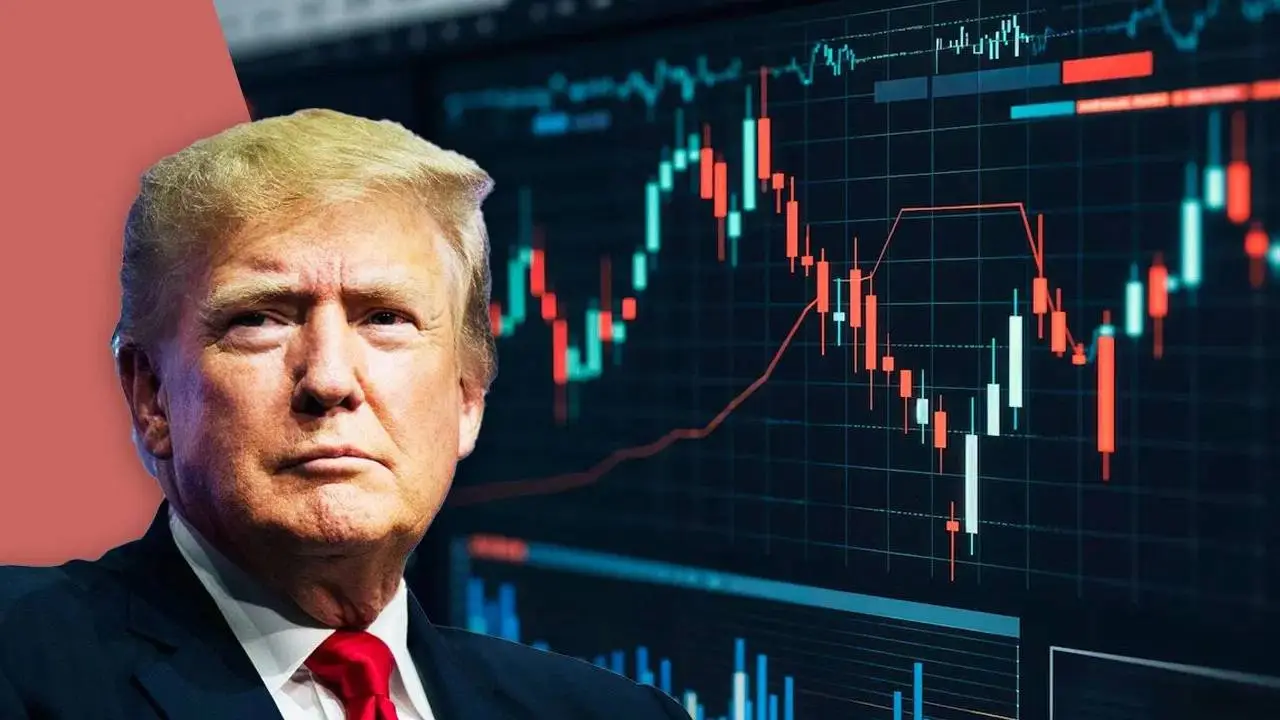
Donald Trump
A U.S. federal trade court has thrown a wrench in Donald Trump's aggressive tariff strategy, ruling that he overstepped his authority under the International Emergency Economic Powers Act (IEEPA). The Court of International Trade temporarily struck down the sweeping tariffs the former president imposed on several countries, questioning the legal foundation of the move. However, thanks to an emergency stay, the ruling is not yet in effect allowing Trump to retain leverage at the negotiating table.
But if the court’s decision is upheld in future proceedings, the Trump administration appears to be ready with a Plan B. According to a Wall Street Journal report, officials are evaluating a two-part strategy based on the Trade Act of 1974. First, they are considering using Section 122, which allows the imposition of up to 15% tariffs for 150 days to address trade deficits or protect the dollar from depreciation. This gives the White House a temporary yet powerful tool to continue its tariff agenda without immediate Congressional involvement.
While Section 122 offers short-term flexibility, the second leg of the plan focuses on long-term legal resilience. Trump officials intend to activate Section 301 of the Trade Act the same tool used during the U.S.-China trade war to impose tariffs on countries engaging in unfair trade practices. This route includes a consultation process and public notifications, which provide stronger legal backing in case of future challenges.
Peter Navarro, former White House trade advisor, confirmed the administration's thinking in a Bloomberg TV interview. “Those are the kinds of thoughts being evaluated,” he said when asked about the use of Sections 122 and 301. Navarro even hinted at leveraging the Smoot-Hawley Tariff Act of 1930 or invoking national security-based tariffs, reinforcing Trump’s intent to continue aggressive trade enforcement regardless of legal setbacks.
Trade experts believe that even if the courts curtail Trump’s original moves, he will adapt not retreat. Legal shifts are likely, but the broader strategy of exerting tariff pressure will persist. Dan Ujczo, a U.S.-Canada trade specialist, warned, "This is just the opening salvo. The administration has many more options." He emphasized that foreign governments and global businesses should not assume Trump’s tariff era is over just evolving.





Copyright © 2026 Top Indian News
